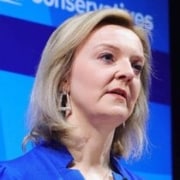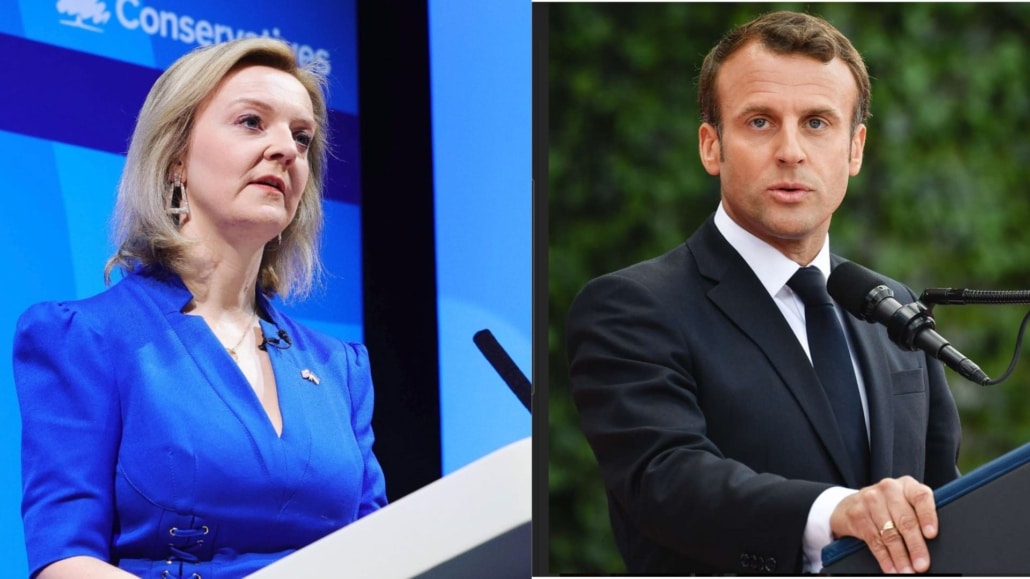Quick-Fire Questions; Long-Term Consequences
In a series of rapid questions to Liz Truss during the Tory leadership hustings, one was only five words long. And her initial answer was even shorter, even if her supplementary response added some context (1:46:39 in).
Julia Hartley-Brewer: President Macron: friend or foe?
Liz Truss: The jury’s out (applause). But if I become Prime Minister I would judge him on deeds, not words.
The brevity of the interaction was put into contrast by the acres of newsprint and hours of radio and TV time which followed, in the form of comment and analysis over the Bank Holiday weekend – much of it unfavourable.
From a media training perspective, this Q&A is useful because it illustrates three important points to keep in mind for any future interviews in which you are involved.
-
You can go off-menu
When an interviewer offers a series of potential responses (in this case, “friend or foe?”), never feel that you are restricted to the options given. Often, the choices you are being offered are unhelpful because they either over-simplify the situation or limit your reply to a binary choice, when a better answer would be more nuanced. Remember – you can always come up with a reply of your own, add extra details, or suggest that the truth is a combination of some or all of the options outlined.
-
Maintain perspective
Having said that, the answer Truss gave was risky. She may not yet be Prime Minister, but she is Foreign Secretary. So, her response is going to make an impact on the global stage. At a time of conflict in Ukraine, with international involvement, it could be considered tactless and inflammatory to suggest that a close and long-standing ally is anything other than a friend – particularly when the obvious foe is the one attacking a sovereign country. Worse, this is a ‘sizzled’ expression, using a powerful metaphor (there is no actual ‘jury’ debating this issue, of course), which makes her response even more quotable. A better media-trained reply would have been something like:
Julia Hartley-Brewer: President Macron: friend or foe?
Liz Truss: A friend, of course. But like many friendships, they are sometimes difficult and need hard graft to make sure that both parties are working together successfully.
By way of illustration, contrast her comments with Macron’s measured – some would say ‘statesmanlike’ – response, saying that if he were asked the question, he wouldn’t hesitate “for a second”:
The United Kingdom is a friend of France… the United Kingdom is a friendly, strong and allied nation, regardless of its leaders – and sometimes in spite of its leaders – or the little mistakes they may make in grandstanding.
So, if Truss does, as expected, become PM, that first meeting between the two leaders is going to have been made unnecessarily awkward as a result.
-
Your most important audience may not be in the room
Tempting though it is to ‘play to the gallery’, a televised debate is always about more than the people in the room with you. They may like what you say, and it’s easy to get spurred-on by their apparent support. However, they may or may not reflect the feelings of your wider intended audience – in this case the Conservative Party as a whole (who will be deciding your fate) or the nation (who you hope to serve).
Coping with questions such as these form part of our media training sessions – find out more here.
As we have seen, a small number of words can have a huge impact. And whilst quick-fire questions may appear simple, the consequences of what you say may stay with you for a long time.
- Introducing the ‘Act Out’: - October 29, 2024
- Politics as Entertainment - July 2, 2024
- All Presenters Need a Critical Friend - April 23, 2024





Leave a Reply
Want to join the discussion?Feel free to contribute!